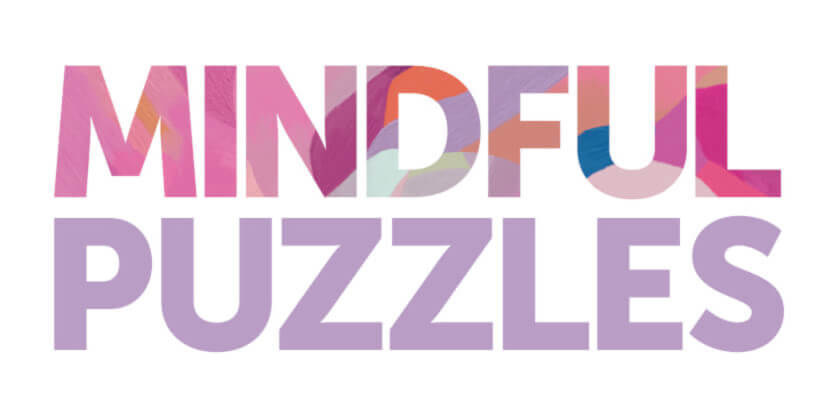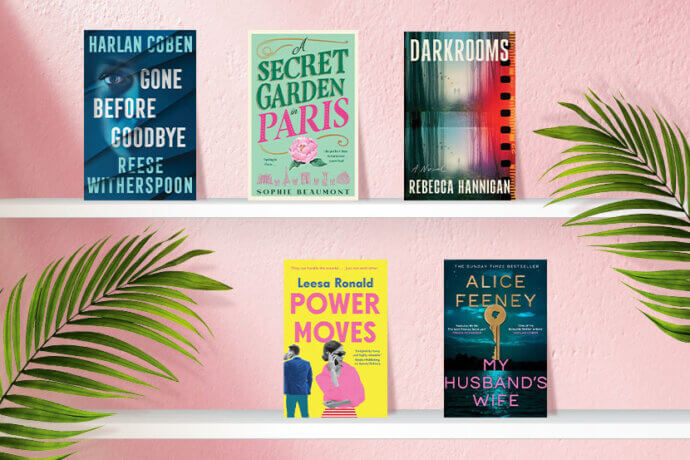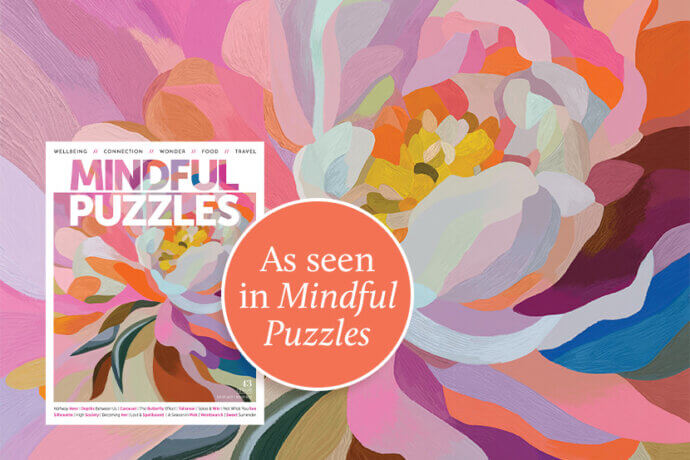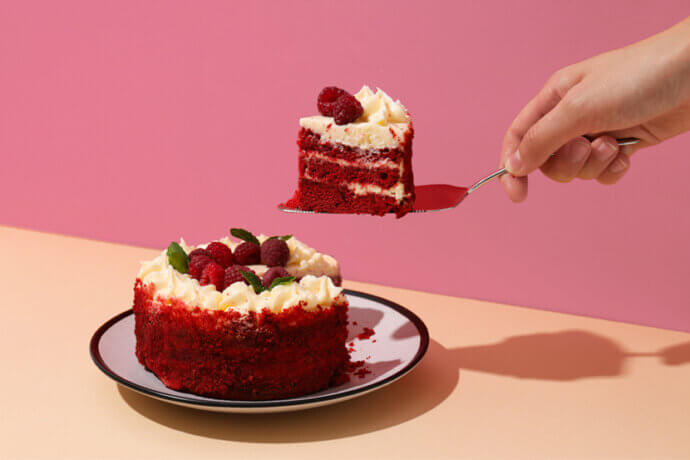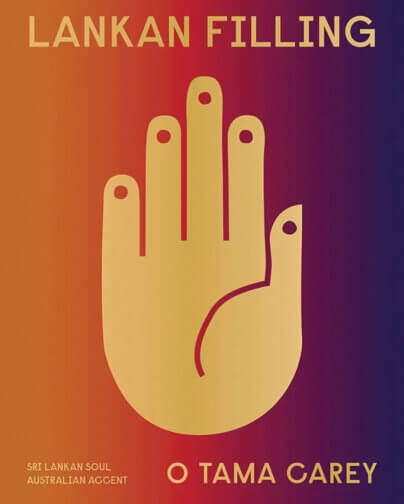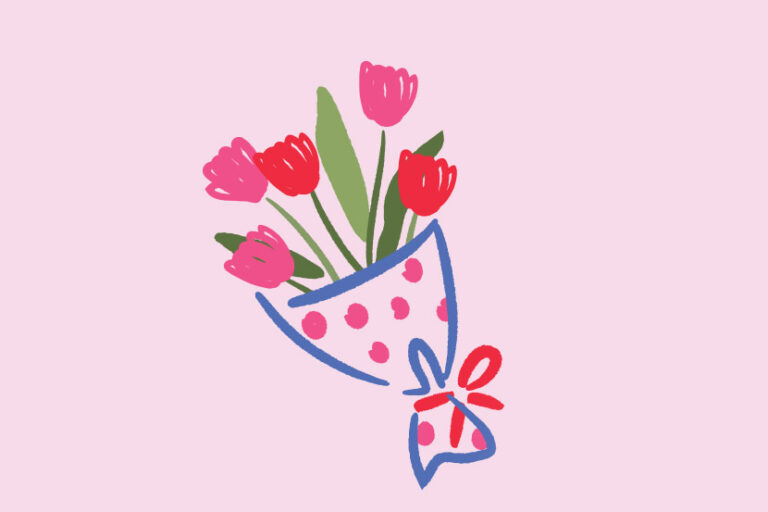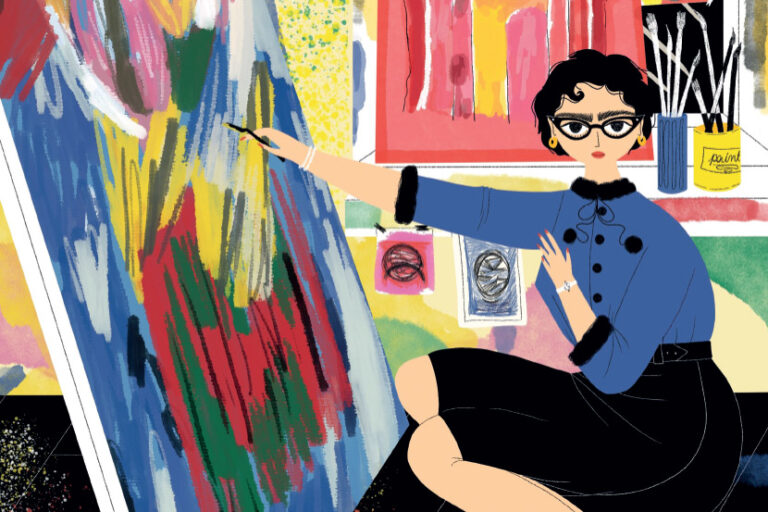
Often, this time of year can feel like a never-ending retail circus. And whether you’re savvy enough to purchase a few presents online and avoid the crowds, the all-encompassing expectation to play Santa can have you feeling more like Scrooge. So why do we burden ourselves with this pressure to bear gifts, to the point of saying ‘bah humbug’?
Anthropologists have a long-held understanding that the act of exchanging gifts is a vital process for upholding social relationships – in almost every culture, worldwide. In exploring the gift-giving systems of various societies, French anthropologist Marcel Mauss came up with some theories about the underlying meanings in the exchange of presents.
The exchanging of gifts
One aspect is that exchanging gifts is an expression of an existing social relationship (or the acknowledgement of a new one), and the value of said relationship is represented in the gift. So when your sister unwraps that set of ornate bookends that cost you a week’s rent, and you look down at the funky pair of socks laid bare in your lap, there’s apparently a subtext of status and prestige being played out.
Another key characteristic of gift exchange is reciprocity. Although we may like to believe in our own altruism and generosity of spirit, according to Mauss, gifts are rarely ever given without ‘strings attached’. The gift exchange cycle is essentially a series of obligations: to give, to receive, and to return.
The expectations
So when you devour a sumptuous dinner at a friend’s house, but don’t deign to supply dessert, you might be committing a festive faux-pas. The theory is that when we refuse a gift or fail to reciprocate (with something of equal value), we threaten the fragile fabric of our relationships.
It’s no wonder we feel the weight of expectation when ’tis the season to be generous. Well, what if we brought gift-giving back to basics? Let’s be mindful, eschew the burden of frivolous purchasing, and place emphasis on the principles of slow living.
As Gabriella Bennett, lifestyle correspondent for The Sunday Times, explains, “slow living places importance on fostering human connections, engaging with the world around us and simplifying our hectic lives.” There’s no reason why this ethos shouldn’t be paramount when giving presents.
Inexpensive and thoughtful gift ideas
If you’re a culinary creative, why not bake some biscuits for friends and colleagues? Pop them in an inexpensive glass jar and finish with a ribbon for a festive flourish. Maybe you’re a plant whisperer; offer to do some work in the garden for an elderly neighbour. There are endless possibilities for thoughtful gift-giving that need not subscribe to the social pressures of spending. After all, the tale of Scrooge makes the case for generosity, but the quintessential messages in A Christmas Carol are those of kind-heartedness, hope, forgiveness, and togetherness.
The greatest gift I’ve ever received wasn’t elaborate, or expensive, or sidelined by social expectations. It was small, and humble, and characterised by treasured memories – made in moments of peace and joy: Here We Come A-Carolling, a beloved cassette from my childhood, imbued with the spirit of Christmas past – my parents bestowed it to me. The heart of the busy season has nothing to do with a present. But it involves being present – in whichever way you choose to celebrate. And that, in itself, is the gift.
WORDS: Erin McDonald
